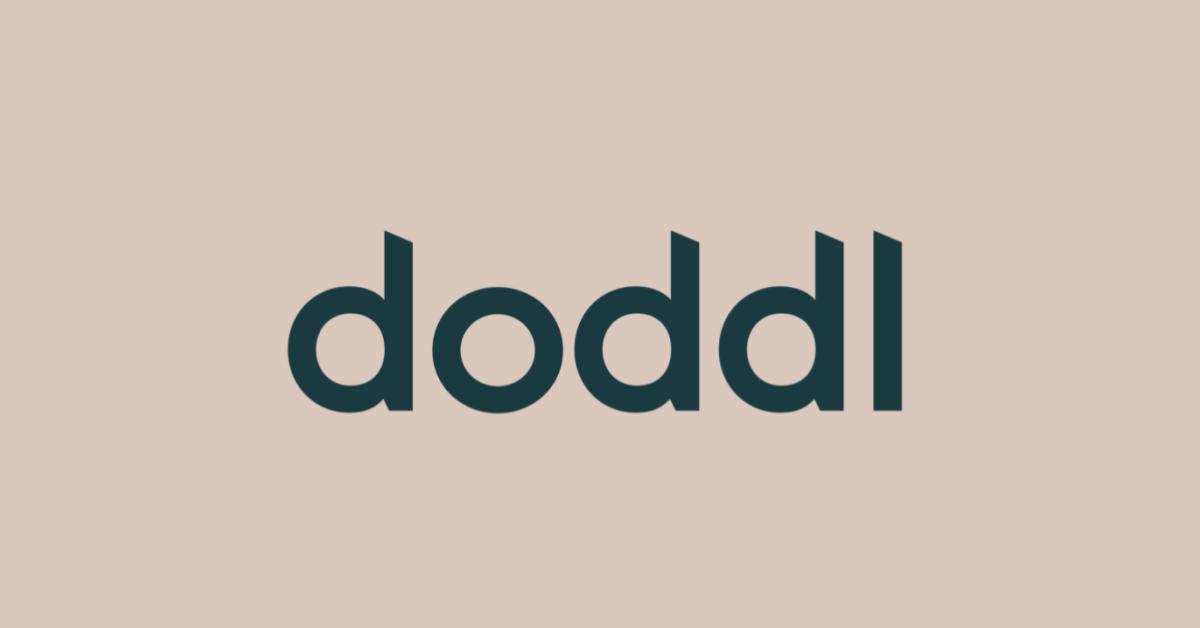When it comes to financial advice that lots of us have heard and few of us have acted on, mortgage switching probably tops the list. But an Irish financial adviser is trying to change that, and is using the money that people are saving while working from home as an eye-opening example.
Find out if you should be over paying with our mortgage overpayments calculator.
Martina Hennessy is managing director of doddl.ie, an online mortgage platform. She has crunched the numbers, and says households which would have spent €150 per month on commuting and lunches would cut six years off the average term by overpaying that amount into their mortgage each month.
This is based on the average purchase mortgage drawn down in Q2 2020 of €230,943, assuming a 30-year term, and the variable mortgage weighted average interest rate of 3.2%.
“Mortgages are calculated on an annuity basis and the more you can overpay to decrease your capital balance the more you reduce the overall interest you repay over the mortgage term,” said Ms Hennessy.
“Interest adds no value to your mortgage, and if you are paying a higher rate than you should, then this is simply dead money that is being handed to your bank.
“It is extremely important that mortgage holders understand what interest rate they are repaying and if they could reduce this by either moving to another product with their existing lender or by switching mortgage provider.”
Ms Hennessy estimates the average Irish homeowner is needlessly paying up to €3,439 in extra mortgage repayments per year by not switching lenders. The spread between the highest and lowest interest rates available on the market is currently 2.3pc — working out at a saving of €122 per month for every €100,000 owed on a 25-year mortgage.
That all sounds great but I believe many people are put off mortgage switching by what they perceive as the hassle involved.
So I asked Ms Hennesy, what can a mortgage holder reasonably expect when they go about switching — in terms of the amount of paperwork involved, the time it would take, and any costs involved.
“The first point really is that it is so important to understand if you can save by switching your mortgage and this is really easy to determine,” she says. “On our website, www.doddl.ie, we have a mortgage-saving calculator which asks for four pieces of information, approximate value of your home, mortgage balance, term remaining on your mortgage, and your current interest rate (found on your mortgage statement generally) or your monthly repayment. Within seconds you will be shown what you can potentially save on a monthly and annual basis. This will really determine whether you feel it is worthwhile engaging with the process.”
The next step is to look at the various options available on the market and establish what product best suits your personal circumstances.
“This can be down to whether you want a fixed or variable rate, whether you feel you will have the means to overpayment, if you want a cashback offer etc,” Ms Hennessy says. She recommends using a financial adviser to help decide the right option for you and then guide you through the application process.
Consumers can expect the process to take 6-8 weeks, but Ms Hennessy says it should not take much of the applicant’s time.
“Even though you have a mortgage, the new lender you are applying to will still have a requirement to ensure the mortgage is affordable and that your income can service the proposed mortgage,” she said.
“As such, they will want to see income documents and bank statements as part of the application. These should all be items you have ready access to. At doddl, once we have your documentation to hand, we can really push forward the process to application and completion
The costs associated with switching are valuation and legal fees, but she highlights that lenders offer switcher packages of value between €1,650 to up to 2% of your mortgage back in cash and, in general for their clients, even at the lower level, switcher package costs are covered by the packages.
She believes there are a lot of misconceptions around the complexity and time involved in switching a mortgage.
“For most households, their mortgage is their largest financial commitment and, as such, they need to ensure they understand what mortgage rate they are paying and if they can save by switching,” she said. “Mortgage holders often have negative connotations re the mortgage process and when you are purchasing it can be a stressful time, securing a mortgage at the level you require, saving for a deposit, bidding on properties. The process can be emotional and stressful.
“With mortgage switching, you are simply moving your mortgage from one lender to another with no impact on your home. The objective is to reduce interest and pay less. Interest adds no value to your mortgage and is a cost to you, so don’t pay more than you need to on your mortgage.”




